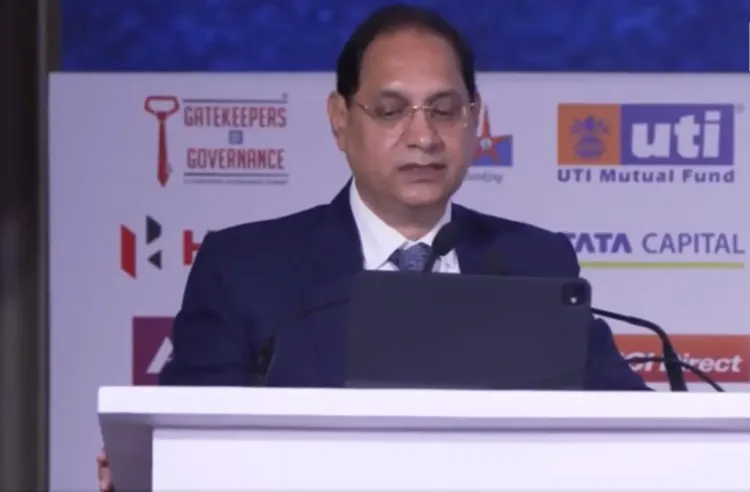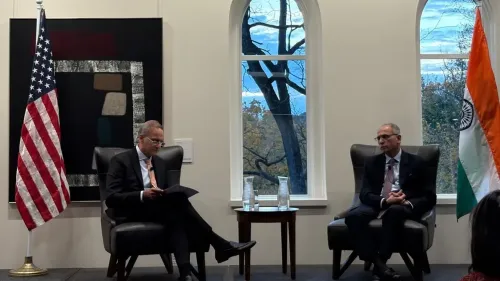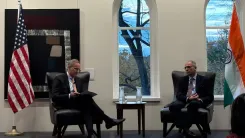Who Decides IPO Valuations, Market or SEBI?

Synopsis
Key Takeaways
- Market forces dictate IPO valuations.
- SEBI’s role is regulatory, not pricing.
- Retail participation in F&O is growing.
- Concerns about speculative risks are rising.
- Public consultation will precede new measures.
Mumbai, Nov 6 (NationPress) In light of rising concerns regarding the elevated pricing of recent initial public offerings (IPOs), Securities and Exchange Board of India (SEBI) Chairman Tuhin Kanta Pandey emphasized on Thursday that the market regulator does not play a role in setting the valuations of public offerings.
"We do not set the valuation. It is subject to interpretation — regarding the investor’s perspective," Pandey informed journalists during an event.
His statements followed apprehensions around Lenskart’s proposed Rs 7,200 crore IPO, which some analysts view as being priced at a significantly high valuation.
Pandey maintained that the regulator cannot interfere with IPO pricing, highlighting the importance of allowing market dynamics to dictate valuations based on perceived opportunities.
In another event concerning the futures and options (F&O) market, Pandey noted that SEBI is approaching any regulatory adjustments cautiously and dismissed the idea of discontinuing weekly expirations.
"We cannot simply halt weekly F&O expirations. Numerous market participants rely on it," he stated while speaking at the Mumbai event.
He also mentioned that SEBI is meticulously analyzing trading patterns within the derivatives sector and evaluating extensive datasets to understand market implications. The results will be shared for public feedback before any new policies are implemented.
Pandey pointed out that various reforms in the derivatives market have already been announced but have yet to take effect. His comments come amid speculations that SEBI might consider limiting weekly expirations to encourage cash market activities and minimize speculative trading.
These remarks come during an ongoing discussion about high IPO valuations and the increased involvement of retail investors in the F&O sector, which market analysts warn could elevate volatility and speculative risks.









